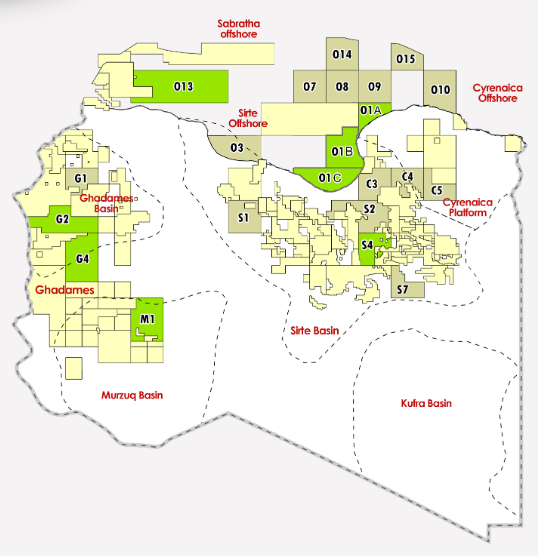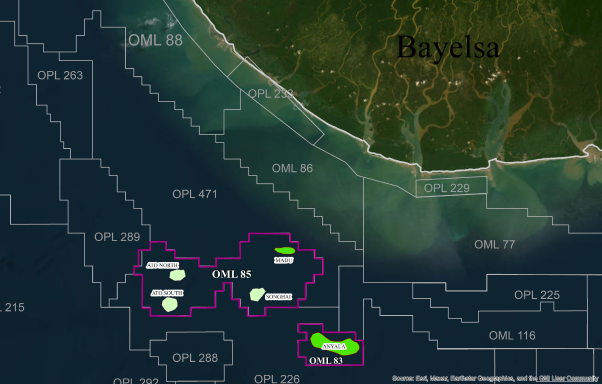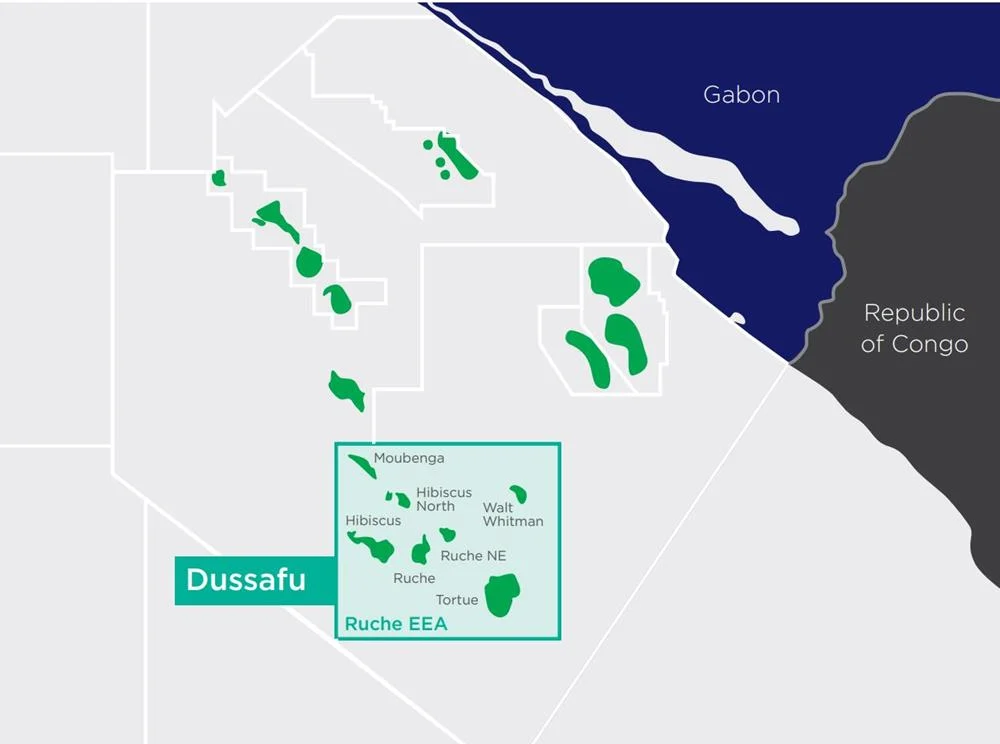Winshear Deliveres to Tanzania a Notice of Intent to Submit a Claim to Arbitration
Winshear Gold Corp. reports that on January 10, 2020 it delivered to the Attorney General of Tanzania a Notice of Intent to Submit a Claim to Arbitration (“Notice of Intent”) in accordance with the 2013 Agreement for the Promotion and Reciprocal Protection of Investments (Bilateral Investment Treaty or “BIT”) between Canada and Tanzania. Winshear has thereby formally notified the Tanzanian government that there exists an investment dispute between Winshear and the Government.
The dispute arises out of certain acts and omissions of the United Republic of Tanzania in breach of the BIT and international law, relating to the Company’s investment in the SMP Gold Project located in SW Tanzania.
The Company commenced exploration activities on the SMP Gold Project in 2006. Subsequently, the Company, through its Tanzanian subsidiary, applied for and was granted 4 Retention Licences which covered the mineral resource areas. Retention Licences were valid for a period of 5 years and could be extended for a second period of 5 years before applying for a Mining Licence.
In 2017 the Government of Tanzania announced wide-ranging and severe amendments to the Mining Act 2010, which, inter alia, abolished the legislative basis for the Retention Licence classification with no replacement classification. On 10 January 2018 Tanzania published the Mining (Mineral Rights) Regulations 2018. Under Regulation 21 of said Regulations, Tanzania cancelled all retention licences issued prior to 10 January 2018 at which point they ceased to have any legal effect. The rights over all areas under retention licences, including those under the SMP Retention Licences, were immediately transferred to the government of Tanzania.
On 19 December 2019, the Mining Commission of Tanzania announced a public invitation to tender for the joint development of areas previously covered by Retention Licences, including the SMP Retention Licences (the “19 December Tender”).
The abolition of the SMP Retention Licences and the removal of the rights to the land conferred thereunder has rendered the Project valueless. Thus, as a direct consequence of the legislative, regulatory and other measures by Tanzania, the Company has lost completely its investment.
The Notice of Intent is necessary in order to preserve the Company’s rights to initiate arbitration should a resolution with the Tanzanian government not be reached. The filing of the Notice of Intent initiates a six-month consultation period between the parties during which time they are to attempt to amicably settle the dispute. If no amicable settlement is reached in that six-month period, the Company may then initiate international arbitration proceedings against Tanzania in accordance with the BIT.
Winshear confirms that it is taking all necessary actions to preserve its rights and protect its investments in Tanzania. The Company’s desire is for both parties to reach a mutually acceptable outcome. If such an outcome is not achieved within the next six months, the Company expects it will have no alternative but to pursue its claims before an international tribunal and seek full compensation for damages the Company has suffered as a result of Tanzania’s acts and omissions. Winshear has retained international arbitration counsel to advise.











